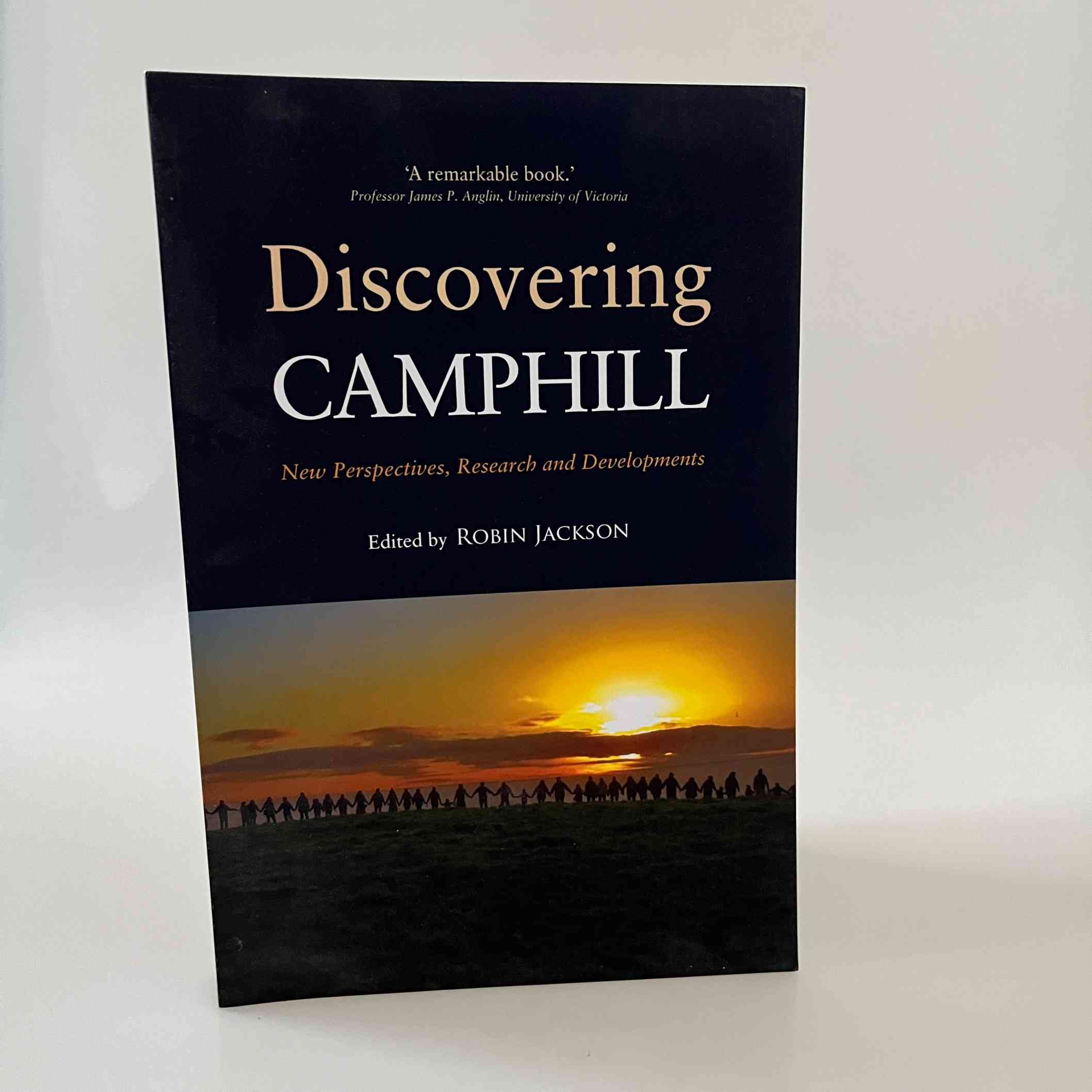Robin Jackson (red.): Discovering Camphill – New Perspectives, Research and Developments
100 kr.
På lager: 1 på lager
This important book brings together research from scholars and experts in a variety of disciplines to explore a broad range of issues which affect Camphill life. The essays examine social, political and educational topics as diverse as spiritual needs, residential childcare, disabled identity, working with autistic children and the development of Camphill communities around the world.
The lack of easily accessible literature about Camphill communities has contributed to a common and unjustified perception of Camphill as ‘closed’ communities which have little interest in communicating with the ‘the outside world’. Some influential officials and practitioners who determine education and social-work policy and practice still know little or nothing about Camphill, which increases the risk of misunderstanding and threatens the future of Camphill communities. This book seeks not only to bridge that gap, but to demonstrate to a wider audience the unique and inspiring qualities of Camphill communities.
This book is essential reading for anyone with an interest in the provision of services for children and adults with special needs.





